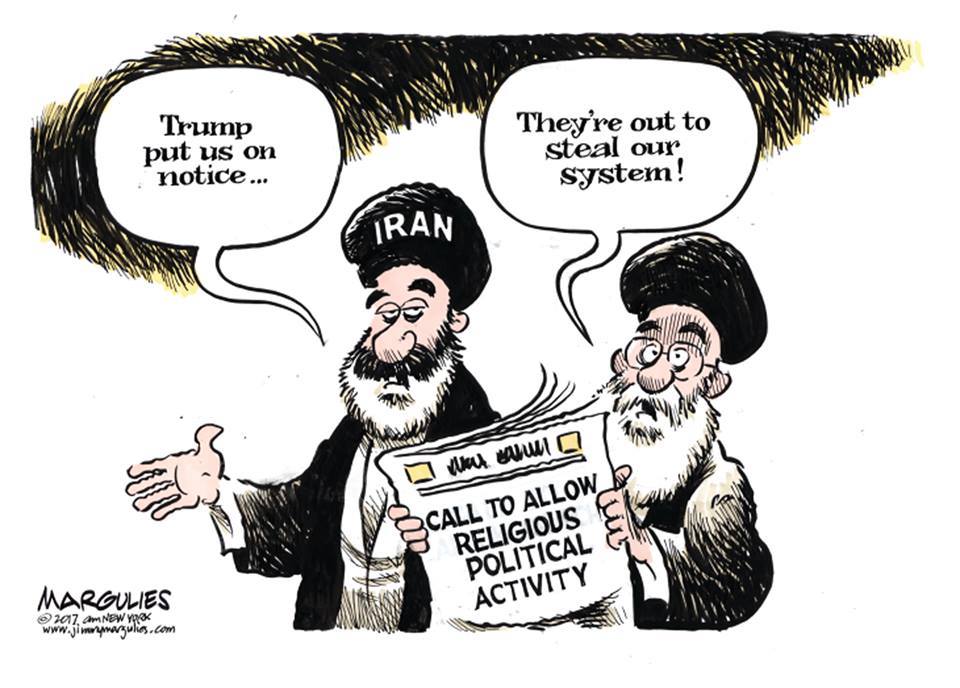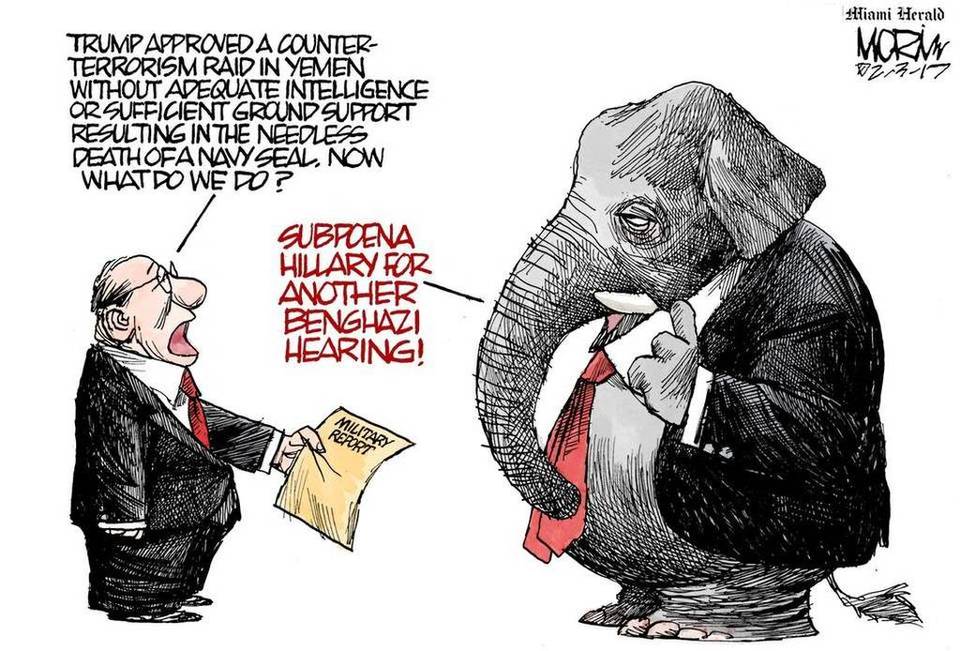The Daily Escape:

Meditation Maze, Chartres Cathedral, France – photo via @archpics
So much talk about the deaths of Kate Spade and Anthony Bourdain. Several news reports said one or the other of them had “passed”, not that they had died.
Wrongo finds either construction “passed” or “passed away”, jarring. People are born, they live, and then they die. They don’t pass away. Does this change in usage, which seems to be relatively modern, have something to do with how difficult we find it to handle death? Many people on TV, and most people under 40, tend to favor saying “passed away”.
In Greek mythology, the river Styx was the boundary between life and death, so the dead were referred to as “passing over to the other side”. Styx was a feature in the afterworld, and the ferryman Charon often was described as having transported the souls of the newly dead across the river into the underworld. Christians, believing in an afterlife, use the term to indicate that the deceased has “passed” into the afterlife.
Its best use seems to be by people who do not believe death is final.
Today, many of us try to soften the blow, saying “passed away” to tell the bad news to someone who hasn’t yet heard about the death. Possibly, saying it is seen as a more gentle way of saying the person has died.
William Bradshaw, a Yale Divinity graduate, did an informal study of the usage:
During the first 50 years or so of my life, the term I always heard or read was “died.” But now, more often than not, I hear and read: so and so “passed” or “passed away.” Several questions come to mind: Exactly when did the change in terminology occur, what was the reason for the change, is it helpful for the family of the deceased, and what are the theological implications of using “passed away” or “passed” instead of “died”? I decided to explore the matter.
He interviewed funeral directors, and most of them said the usage had changed in the last 25 years. He also examined funeral notices over time:
The change was gradual, and did not occur at the same time among all funeral homes or newspapers. But by the early 1980s “passed away” was the norm for all obituaries used by funeral homes, while obituaries and stories in newspapers still tended to use “died”…
Bradshaw says that other terms used occasionally are “deceased,” “expired,” “departed this life,” and for children, “went to live with God” or “went to live with the angels.” “Passed” is heard primarily in conversations, and is seldom used in print, except occasionally in novels.
Bradshaw expands on “passed/passed away”:
I noted to myself that we never say, “Jesus passed away on the cross” or that “Jesus passed to save us from our sins.” Christian funeral services almost always include this famous saying of Jesus: “I am the resurrection and the life: he that believes in me, though he were dead, yet shall he live; and whosoever lives and believes in me shall never die.” (Gospel of John 11:25-26) In any of the modern versions of the Bible that use updated English, I have never read: “I am the resurrection and the life: although he passed, yet shall he live; and whoever lives and believes in me shall never pass away.”
But, if you have ever had someone close to you die, you know that feeling of disbelief, the hope that what has happened isn’t true. It is easy to understand the magical thinking, that if we just don’t give in to it, the death won’t be real.
And while Wrongo dislikes it, using “passed away” is eminently understandable on a personal level.
But, when you’re dead, you’re dead. Saying someone passed away really doesn’t help to soften the blow.
Another time, we’ll talk about when “killed” should be used instead of “died”.


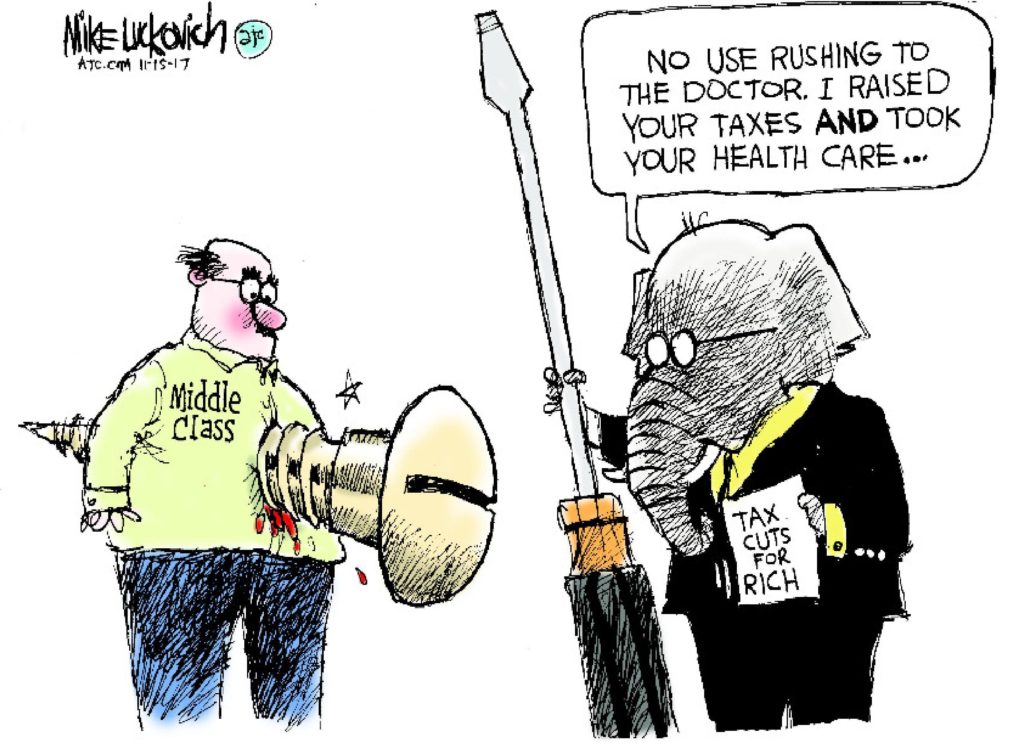
 Using the Pot/Kettle meme brings risk:
Using the Pot/Kettle meme brings risk:
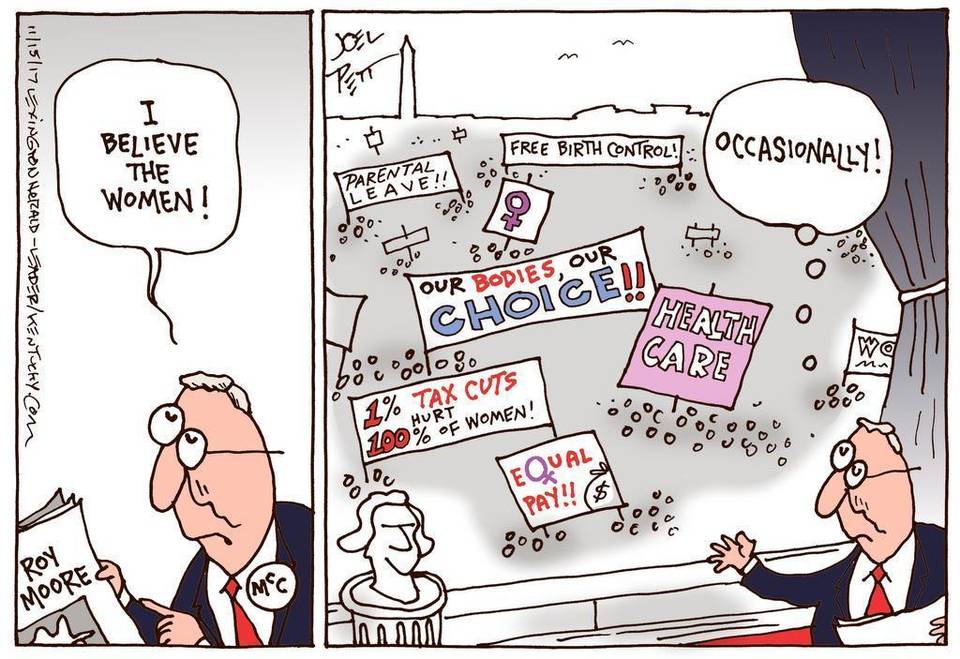
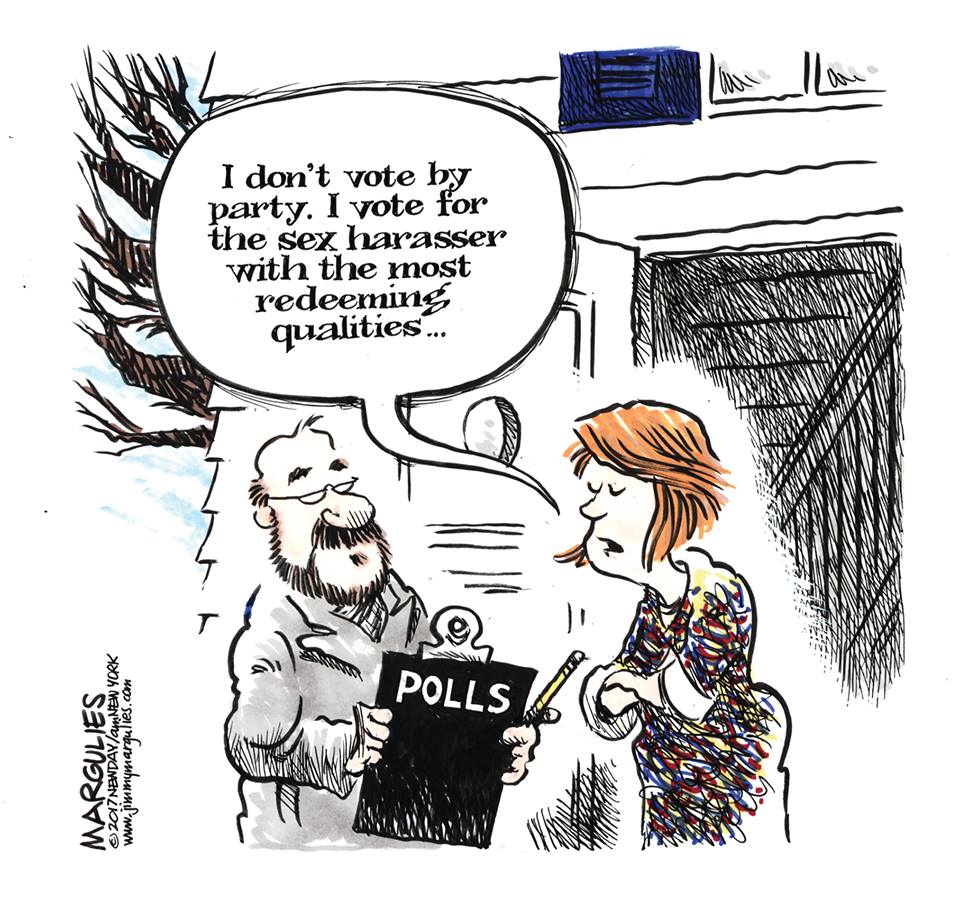
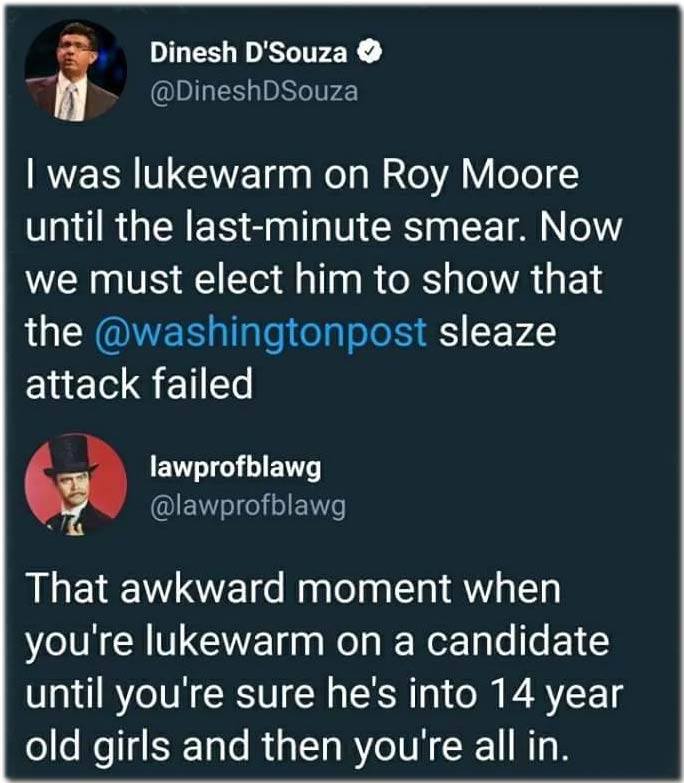





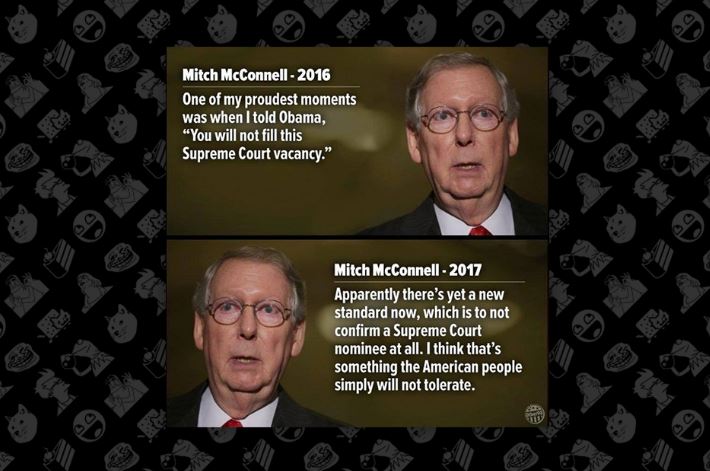
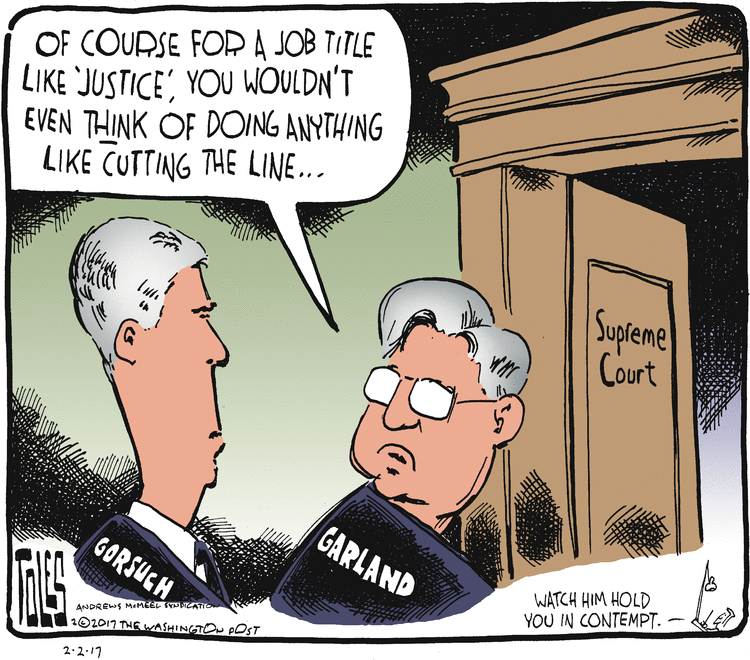
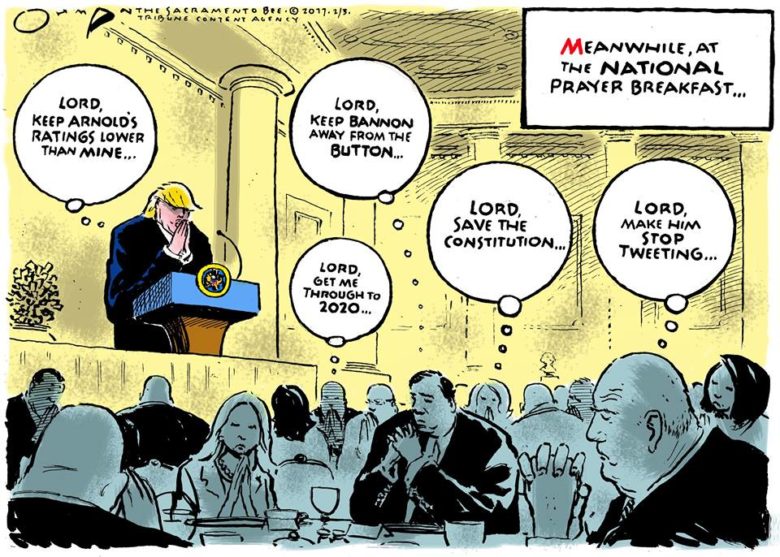 Trump’s call for allowing religion in politics is Islam tested, Ayatollah approved:
Trump’s call for allowing religion in politics is Islam tested, Ayatollah approved: